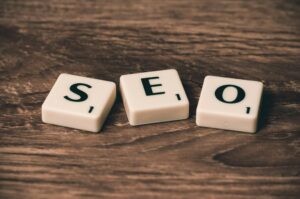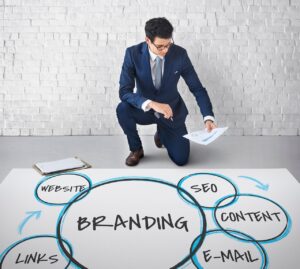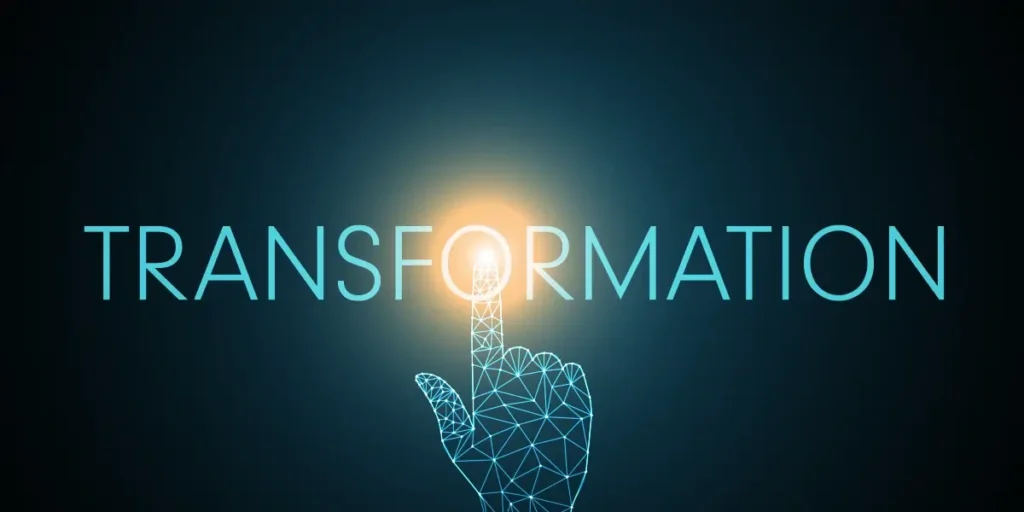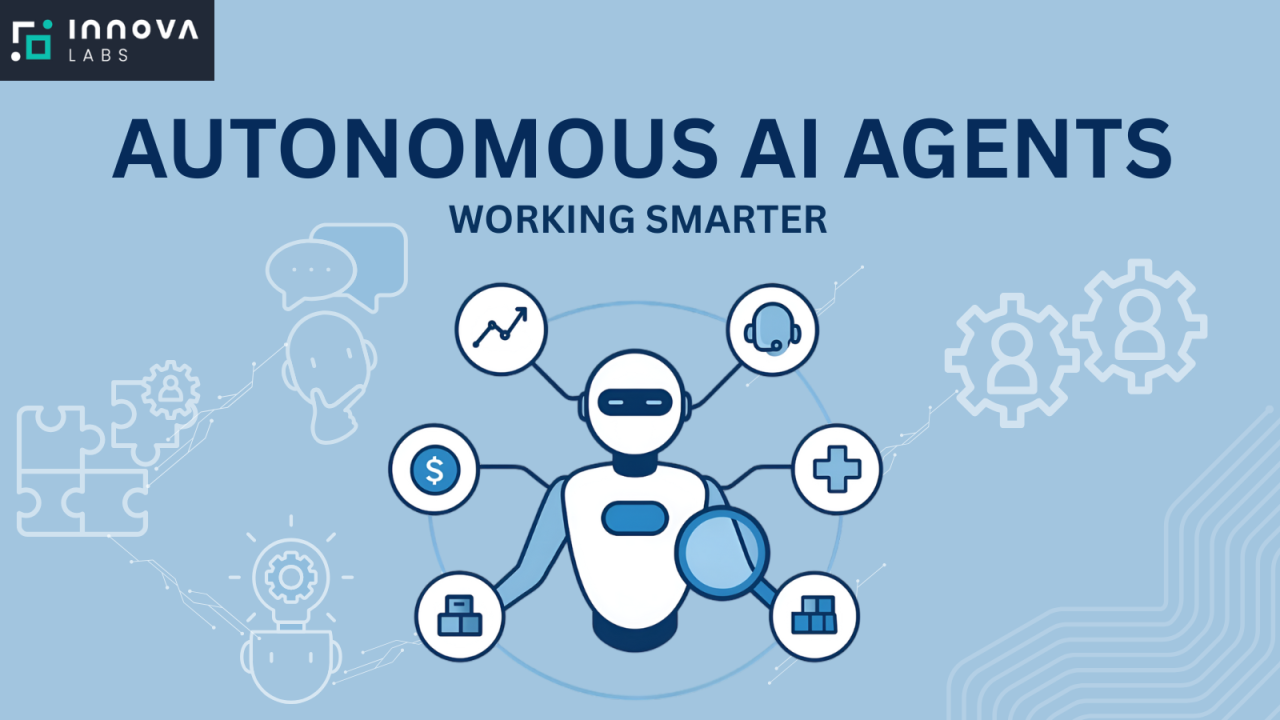AI in digital marketing,Artificial intelligence in SEO
Introduction:Marketing in the Age of AI
Just a few years ago, digital marketers spent hours optimizing keywords, guessing Google’s algorithm changes, manually managing ad campaigns, and trying to understand their audience through spreadsheets and analytics dashboards.
Today? Artificial Intelligence (AI) is doing much of that heavy lifting — faster, smarter, and with more precision than ever.
AI isn’t just a trend in digital marketing and SEO. It’s a fundamental shift in how we attract, engage, and convert customers online.
Whether it’s generative content, predictive analytics, or voice search optimization, AI is transforming every corner of the digital marketing playbook.
This article breaks down how AI is changing the game — and how marketers, startups, and businesses can stay ahead of the curve.
Table of Contents
-
What Is AI in Digital Marketing?
-
The Rise of Generative Content Tools
-
AI and Personalization at Scale
-
Predictive Analytics for Smarter Campaigns
-
How AI Is Transforming SEO Strategies
-
Voice Search, Chatbots, and Conversational AI
-
AI-Powered PPC Campaign Management
-
Visual Content and AI Creativity
-
AI in Email Marketing and Automation
-
Ethical Considerations and AI in Marketing
-
Future Outlook: Human-AI Collaboration
-
Conclusion: Adapt, Automate, Amplify
1.What Is AI In Digital Marketing?
AI in digital marketing refers to the use of machine learning, natural language processing, computer vision, and other forms of artificial intelligence to optimize campaigns, understand consumer behavior, generate content, and make data-driven decisions.
AI doesn’t replace marketers — it enhances them. It does the heavy lifting so marketers can focus on strategy and creativity.
2. The Rise of Generative Content Tools
One of the biggest revolutions is in content creation. Thanks to tools like ChatGPT, Jasper, and Copy.ai, marketers can:
-
Generate blog posts, headlines, and product descriptions in seconds
-
Draft personalized emails for specific audiences
-
Create SEO-optimized landing pages without writing a single line
These tools are helping brands scale content marketing without needing massive teams.
And it’s not just quantity — AI is improving quality too, with tone analysis, grammar checks, and keyword integration that aligns perfectly with SEO best practices.
3. AI and Personalization at Scale
Consumers expect personalized experiences. AI makes that possible — and scalable.
AI personalization tools:
-
Segment audiences based on browsing behavior and preferences
-
Serve dynamic content tailored to individual users
-
Recommend products or services based on purchase history
Platforms like Optimizely, Dynamic Yield, and Adobe Sensei allow marketers to treat every visitor like a VIP — boosting conversions and engagement.
4. Predictive Analytics for Smarter Campaigns
Before AI, marketing decisions relied heavily on past performance. Today, AI uses predictive analytics to forecast what’s coming next.
AI models can:
-
Predict which leads are most likely to convert
-
Determine the best time to post content
-
Forecast ROI for specific campaigns
With this power, marketers can stop guessing and start optimizing before a campaign even launches.
5. How AI Is Transforming SEO Strategies
SEO has traditionally been time-consuming and ever-changing. But AI is making it smarter and more data-driven.
Key areas where AI boosts SEO:
-
Keyword research: Tools like Surfer SEO and SEMrush use AI to find ranking opportunities.
-
Content optimization: AI analyzes top-performing content and suggests real-time improvements.
-
Search intent analysis: AI helps understand the why behind searches to target user needs.
-
Link building: AI can identify valuable backlink opportunities based on domain authority, traffic, and relevance.
And let’s not forget Google’s own use of AI (like RankBrain and MUM), which means SEO must now align with machine understanding of language, not just keyword stuffing.
6. Voice Search, Chatbots, and Conversational AI
With the rise of voice assistants like Alexa, Siri, and Google Assistant, SEO is shifting from typed keywords to spoken phrases.
This requires:
-
Optimizing for natural language queries
-
Including FAQ-style content
-
Using long-tail conversational keywords
On the customer service side, AI chatbots powered by natural language processing (NLP) are:
-
Handling inquiries 24/7
-
Resolving complaints
-
Qualifying leads
-
Delivering personalized product recommendations
Tools like Drift, Tidio, and Intercom are leading this conversational revolution.
7. AI-Powered PPC Campaign Management
Paid advertising is another area where AI shines.
Tools like Google Ads Smart Bidding, Adzooma, and Wordstream use AI to:
-
Optimize ad placements
-
Adjust bids in real-time
-
Predict which creatives will perform best
-
Allocate budgets across channels efficiently
This allows marketers to achieve higher ROI while spending less time in dashboards — and more time crafting strategy.
8. Visual Content and AI Creativity
AI can now create:
-
Social media graphics
-
Video ads
-
Logos and branding assets
Tools like Canva AI, Runway, and Piktochart make visual content creation easy — even for non-designers.
And with text-to-image models like DALL·E and Midjourney, marketers can generate custom visuals on demand, saving time and money.
9. AI in Email Marketing and Automation
Email remains one of the highest ROI marketing channels — and AI is enhancing it further.
How AI is optimizing email marketing:
-
Writing subject lines that drive opens
-
Segmenting lists based on user behavior
-
Determining best send times
-
Personalizing content and offers
Platforms like Mailchimp, Brevo, and Klaviyo use AI to improve open rates, click-throughs, and customer lifetime value.
10. Ethical Considerations and AI in Marketing
With great power comes great responsibility. As marketers, it’s important to consider:
-
Data privacy: AI needs user data — but users expect transparency.
-
Bias in AI models: Algorithms can unintentionally discriminate or misrepresent.
-
Fake content: Deepfakes and fake reviews can erode trust.
Responsible AI marketing means using automation for good — to inform, not manipulate.
Ethical marketing should be at the core of your AI strategy.
11. Future Outlook: Human-AI Collaboration
AI won’t replace marketers. But marketers who use AI will replace those who don’t.
The future lies in collaboration:
-
Humans bring emotion, creativity, and strategy
-
AI brings speed, analysis, and scalability
Together, they create marketing that’s not just efficient — but empathetic and effective.
Companies embracing this hybrid model will lead the next generation of brand-building.
12. Conclusion: Adapt, Automate, Amplify
Artificial intelligence is not just changing digital marketing and SEO — it’s completely rewriting the rulebook.
From AI-driven content to predictive analytics, voice search to visual automation, AI is helping marketers reach the right audience, with the right message, at the right time — and faster than ever before.
In this new age, marketers don’t just need creativity and strategy — they need AI fluency.
Adapt to the tools. Automate the processes. Amplify the results.
Because the future of marketing isn’t coming.
13. AI and Influencer Marketing: Smarter Collaborations
Influencer marketing used to be about gut feelings and follower counts. Today, AI enables data-driven influencer selection and campaign management.
AI tools can:
-
Analyze engagement authenticity (to spot fake followers)
-
Match brands with micro-influencers who share similar audiences
-
Forecast campaign performance before launching
-
Track ROI across multiple platforms
Platforms like Upfluence, HypeAuditor, and CreatorIQ use AI to help brands avoid bad partnerships and invest in authentic, high-impact collaborations.
By automating discovery and analysis, AI removes the guesswork from influencer campaigns — making them scalable, trackable, and strategic.
14. Multilingual Marketing and Global Reach with AI
Global marketing often hits a wall when language becomes a barrier. But thanks to AI, language localization is now faster and more accurate than ever.
AI translation tools such as DeepL, Google Translate AI, and Weglot allow brands to:
-
Automatically translate websites, ads, and blogs into multiple languages
-
Adapt content with cultural sensitivity
-
Maintain brand tone and intent across languages
This is helping small businesses go global without the global budget, tapping into audiences they previously couldn’t reach.
AI is no longer just interpreting words — it’s learning regional search intent, slang, and user behavior, giving marketers the power to rank in search engines worldwide.
15. Local SEO and Hyper-Personalized Search
While AI helps brands go global, it’s also transforming local SEO efforts.
With AI-enhanced tools, businesses can now:
-
Analyze location-based search trends
-
Automatically generate location-specific landing pages
-
Manage Google Business Profiles at scale
-
Use AI to respond to local reviews with personalized replies
AI can even monitor competitor performance in your region, allowing you to adapt quickly and rank better in local searches.
Whether you’re a coffee shop in Mumbai or a dental clinic in Boston, AI helps you own your niche and neighborhood.
16. Measuring ROI: Smarter, Real-Time Insights
Perhaps the most underrated advantage of AI is how it simplifies and sharpens return on investment (ROI) tracking.
AI-powered analytics platforms can:
-
Combine data from SEO, PPC, email, social media, and CRM tools
-
Attribute conversions more accurately with multi-touch attribution
-
Provide real-time performance insights across campaigns
-
Suggest budget reallocations for better outcomes
Tools like HubSpot AI, Looker Studio, and Tableau with AI integrations help marketers understand not just what’s happening — but why.
You no longer have to wait until the end of the month to fix mistakes. AI gives you live dashboards, turning your marketing into a living, breathing, learning machine.
Final Words: AI Is the Co-Pilot, Not the Pilot
The smartest marketers of today understand this truth: AI is your co-pilot, not your replacement.
It’s not about losing creativity — it’s about unleashing it. Let AI handle the routine, the data, the testing — so you can focus on the message, the brand, and the human connection.
If you’re not using AI yet in your marketing strategy, you’re already behind. But the good news? It’s never been easier to catch up.







